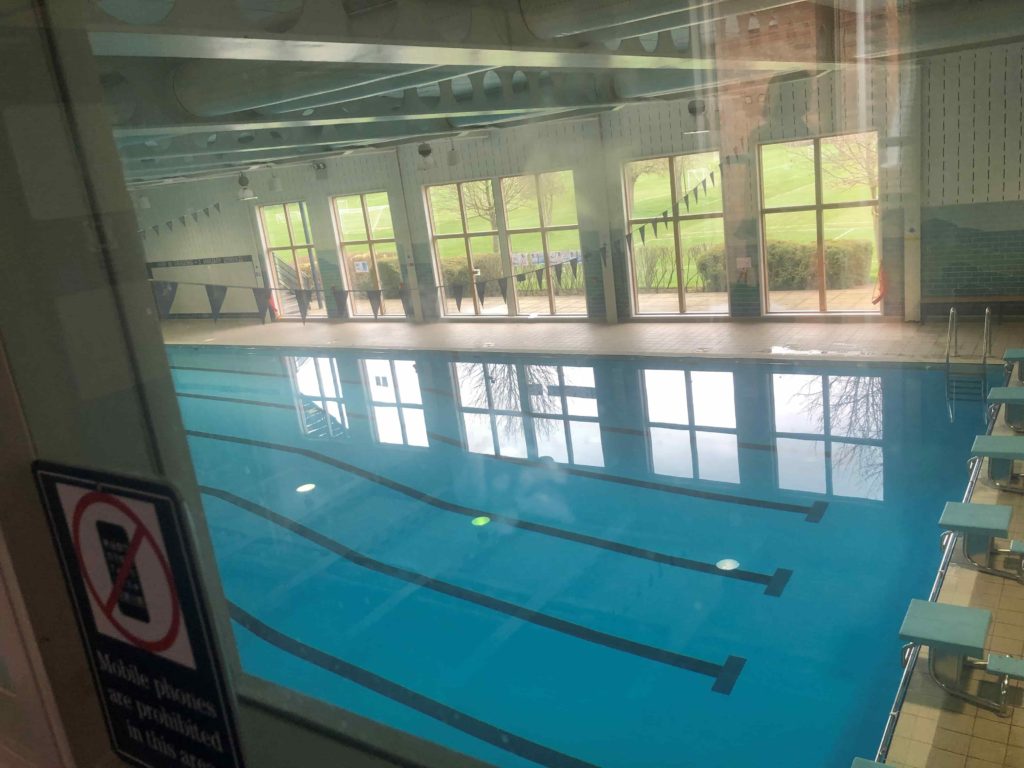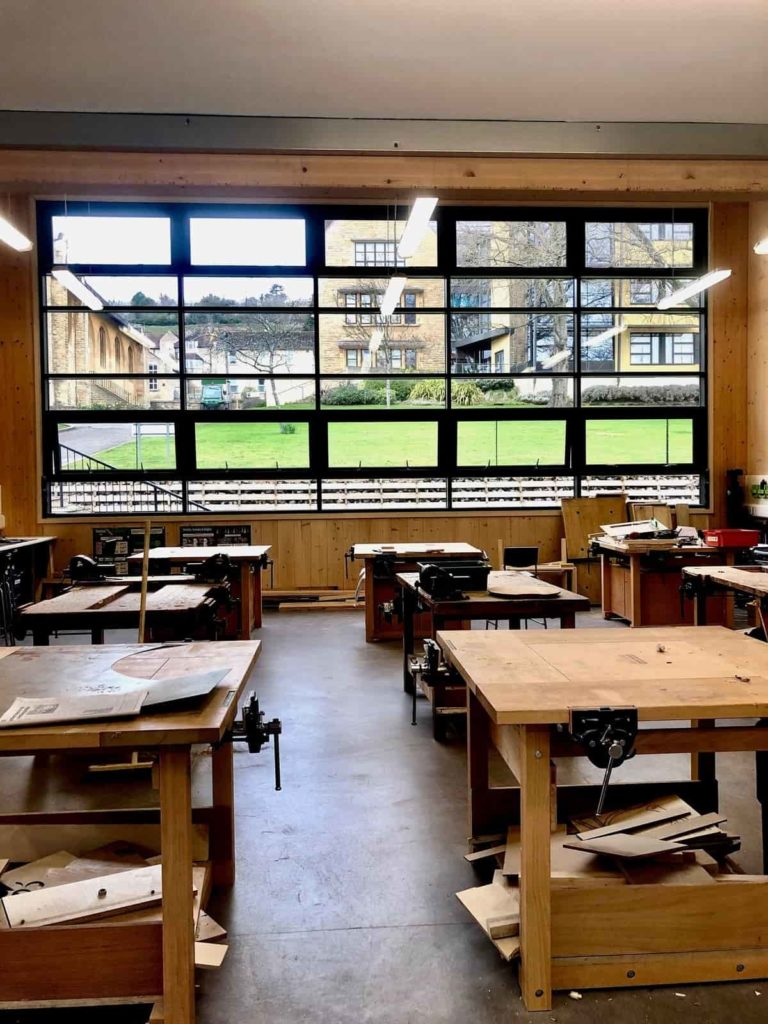How I Changed my mind about Boarding Schools
by Irina Shumovitch
When my children were young, I was determined to never send them to a boarding school. Homesickness, major bereavement, that’s what sending children into boarding meant to me. I was not one of those parents who didn’t want to participate in their children’s lives, who just wanted to dump them into a school and get on with their work and social life. I was never going to do that to my children. So I thought back then.
I was in my early 30-ies, working as a BBC producer. The work was intense, day shifts followed by nightshifts, a lot of pressure, no room for error. It was a creative and stimulating job, and I loved it, but much as I did, I was also stressed. But at least my children were with me. They saw me every evening when I got home from work, I helped them with homework, I gave them some guidance. Or so I thought at the time.
Some years later I left the BBC, founded an educational consultancy and started visiting boarding schools across the country. It was then that I realised that the boarding schools of today are nothing like what I thought. They might have been cold and less appealing fifty years ago – bad food, army blankets and no central hearing. Today, boarding schools are friendly, warm places with amazing facilities for both studying and living. In every school I visited, I met thoughtful, respectful staff for whom working in a boarding school was a lifestyle, who loved being around young people and knew how to inspire rather than lecture them (the skill that often failed me as a parent). I saw boarding houses which were beautifully designed, well-equipped, centrally heated, and felt like home.

Living room of a boarding house at Uppingham school
In many ways, better than home. There is thoughtful discipline in a boarding school, which I found hard to achieve at home. After lessons, pupils go back to their houses to relax, have a cup of tea with biscuits, and then do their homework. Their teachers and house matrons and masters encourage a good routine, where a period of relaxation is followed buy concentrated work.
And it is easier for pupils to work when everyone else is doing it too, it doesn’t occur to them to argue, plead or protest, they just get their books out and study. After a couple of hours of hard work, they are served dinner and allowed one hour of television. Not the other way round, as was the case in my household.
It seems to me now that while keeping my children in a day school, close to me, I instilled more bad habits than good ones. After a day at the BBC I returned home tired and was happy to find them watching the TV – it meant that I could unwind with a glass of wine and not deal with their needs immediately. Have you done your homework? I’d ask them. Later, they’d say, and I’d accept it, glad to have a breather. They usually watched all their favorite TV programmes before getting around to their homework, which they did in a rush before bedtime, to get it out of the way.

Roman amphitheatre at Bradfield College for school theatre productions
In a boarding school, over the years, a certain daily routine becomes engrained into the boarders’ psyche; good working habits become the norm leading to self- discipline that remains during university, at work and in the family. Added to that, there is a vast range of challenges and activities available to boarders, on a daily basis.
Of course, I took my children to activities too – from ballet to fencing, from violin to horse-riding. But it was not the same as doing it with your classmates, encouraged by your teachers. As for the academic side, my children were very bright and got away with their unfocused routines for a long time, always had good marks and I wasn’t worried. But when it came to A-levels and university choices, they did not work hard enough to get three A*s and go to Oxbridge. They did well, nevertheless, got into Russell Group universities and are doing great. But I know that the slack I allowed them at home would not have been allowed at a boarding school, and they would have had better working ethic, and wouldn’t have to fight the habit of procrastination. In my family, it was our closeness that was my top priority, not learning, personal growth and exploration. Whereas in a boarding school, parents aren’t there to shield the children from natural causes and effects, and they learn to manage their own lives, develop interpersonal skills and self-initiative necessary to succeed in life.
I am addressing this to those parents who are considering boarding schools, but feel doubt or guilt about sending their children away. Please do not. All you need to do is choose the school carefully, visit it, see boarding houses for yourself, speak to the staff and make an enlightened choice. Here at Gabbitas we will assist you at every step of the way in choosing the right school for your child. But do not feel guilty – sending your child to a good boarding school might be the best thing you can do for them – this is where the ethos, structure and atmosphere are designed to instill good working habits and skills which will last them a lifetime.
Amazing facilities of boarding schools:

Swimming pool at Monkton Combs

Theatre with professional lighting

Design technology workshop

Art studio


